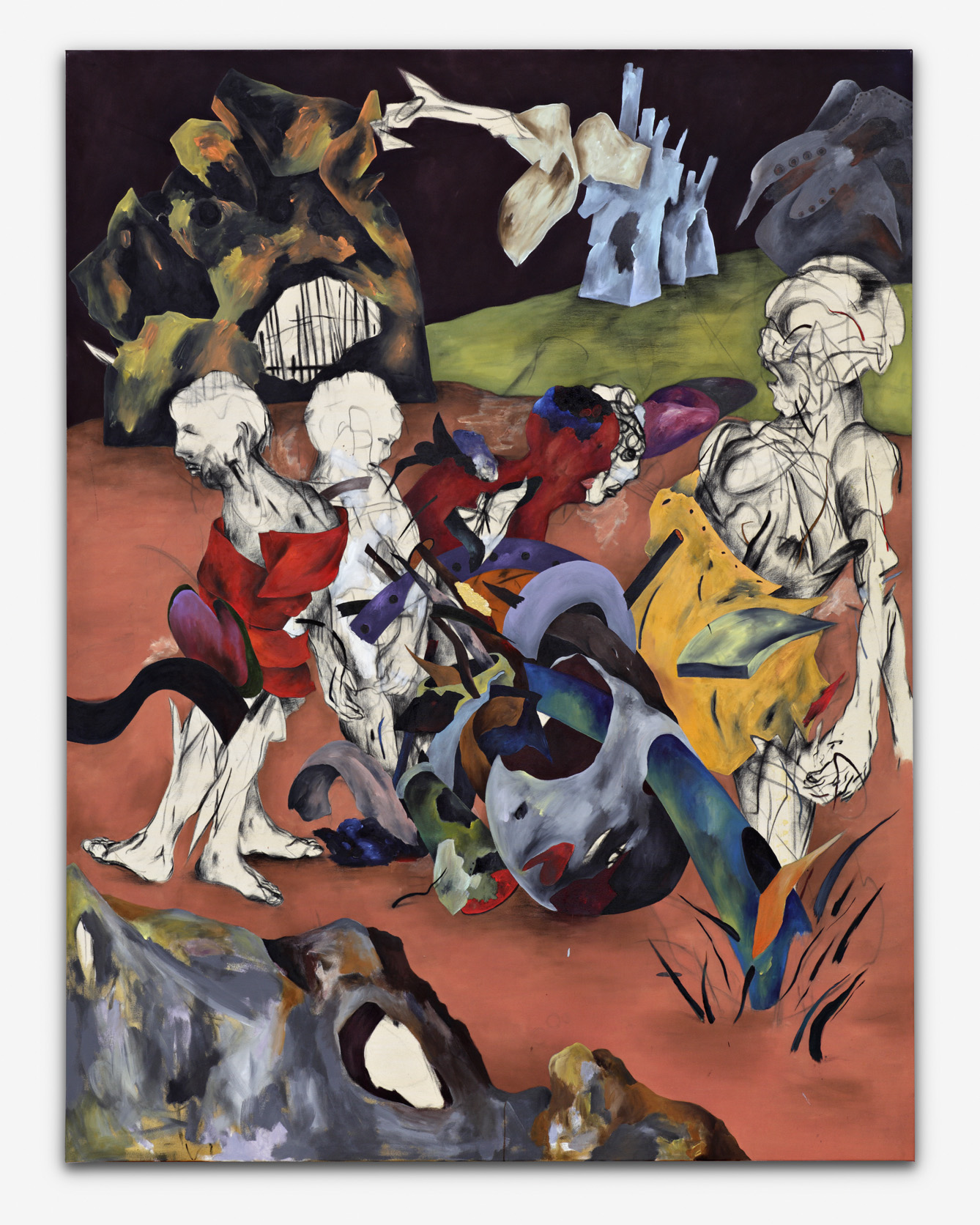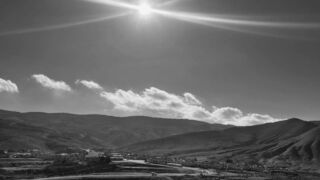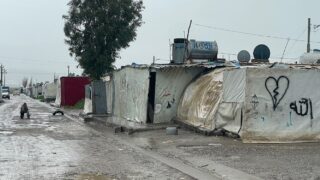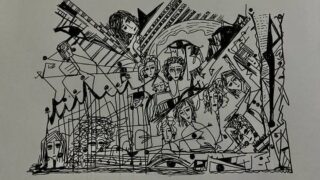Harith Hassan
When Iraq’s polity was redefined along ethnic-sectarian lines, Shia, Kurds and Sunnis constituted the main political groups in the system. The greatest challenge was to find the “Sunni” party that could represent the Sunni “sect,” organize it politically, and produce its own collective narrative. This challenge eventually led to the creation of Isis.
The transformation of Iraq’s Sunnis into a “sect” generated power struggles and disputes that remain very much alive and kicking.
It’s a known fact that throughout its modern history up until 2003, Iraq was ruled by regimes led by Sunni-Arab elites.Though those elites promoted a national identity,they ignored that they are not entitled to speak in the name of such a diverse – and fragmented – society, known as the Iraqi State since 1921.
Yet, the ability of the Sunni elite to cloak its hegemony behind an inclusive identity waned due to the changes that theelite has gone through as well as the gradual collapse of Iraqi liberalism.
Such liberalism was epitomized by the likes of Kamel al-Chaderji and Hussein Jamil, who offered a less authoritarian and more open model of Iraqi nationalism. But as the Sunni elite became increasingly militarized, it fell hostage to the tribal-regional alliances during the rule of Ahmed Hassan al-Bakr and Saddam Hussein. Not only did the regression to tribal and traditional loyalties destroyed what remained of the modern political Iraqi project, it also dismantled the ideological and “secular” vision of the Iraqi Ba’ath Party.




